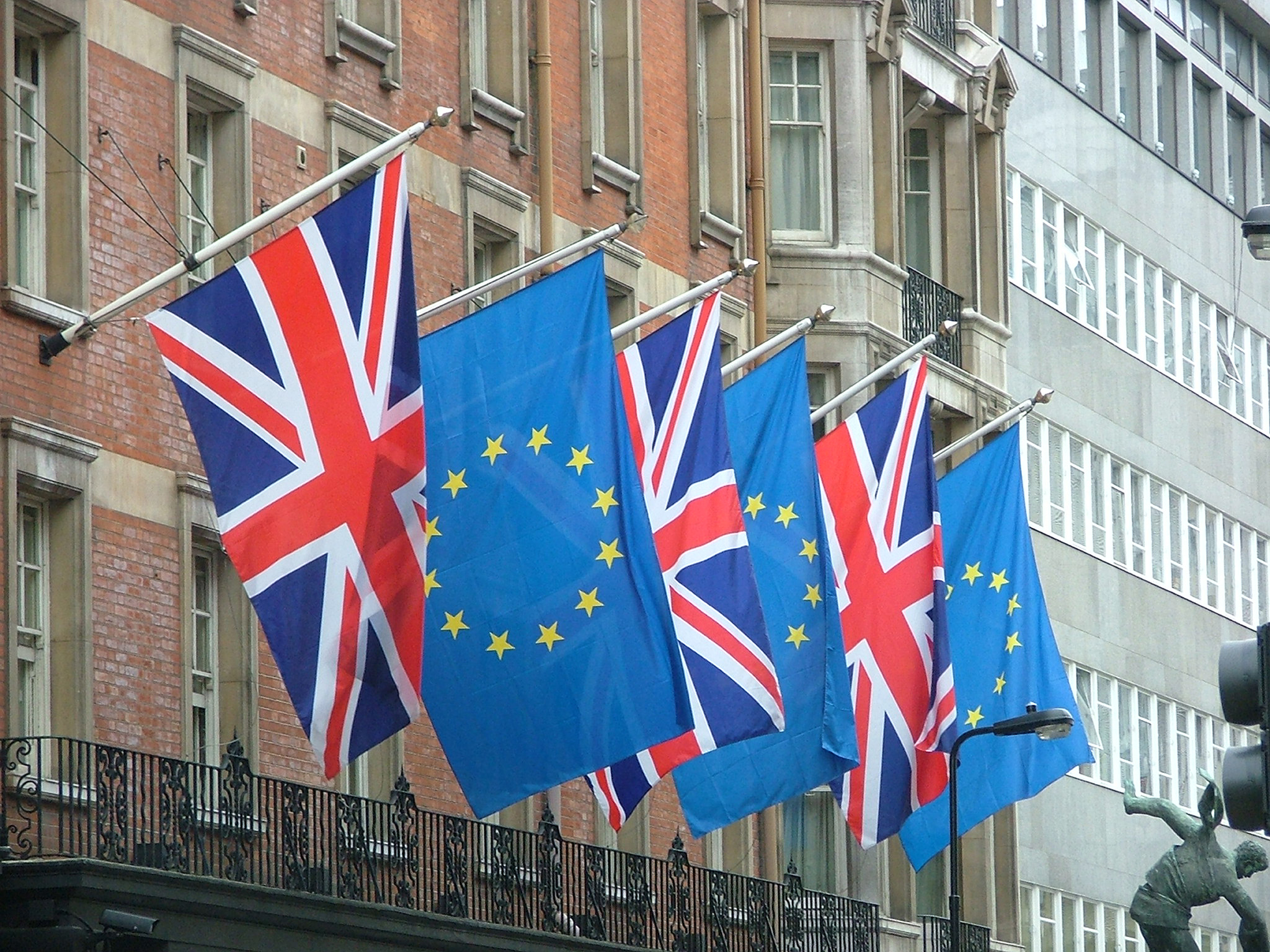Maxton Milner
Contributor
The United Kingdom, more than any other EU member state, does not fit into the political construct which is the EU: it refuses to join the Schengen Area; has comprehensively rejected the Euro; and clings to certain Imperial measurements despite, broadly, defeat on the matter. A great deal of ink is spilt arguing the merits of the UK leaving the EU, versus continued integration into a single European entity of some form. The latter is inescapably happening through a common currency, a common (impotent) Parliament, and standardising efforts across virtually all spheres of trade, politics, and culture. The debate is entirely worth having; it illuminates the enormous weight of the matter. Nonetheless, the current downturn arguably makes a full appraisal of the economics surrounding “Brexit” more important than constitutional theory; so let us consider them now.
The UK’s gross contribution to the EU budget in 2011 was approximately £20bn. In contrast, UK’s domestic spending cuts for 2011 totalled approximately £6bn. This is evidently a vast difference. However, some contend that this assessment is incomplete as it fails to take into account EU funding returned to the UK’s Exchequer or citizens by EU institutions. Not only is this descriptively suspect and inconsistent – tax is in no other instance discussed in ‘net’ terms – it further supports the economic case against the UK’s EU membership; the UK’s 2011 net contribution, £11bn, considerably dwarfs domestic cuts. Clearly, ceasing to pay EU contributions, by leaving the EU, would make a huge difference to the economic pain British citizens are currently undergoing due to spending reductions in many areas.
“The UK’s 2011 net contribution, £11bn, considerably dwarfs domestic cuts. Clearly, ceasing to pay EU contributions, by leaving the EU, would make a huge difference to the economic pain British citizens are currently undergoing due to spending reductions in many areas.”
It is a gross over-simplification to suggest that access to the single market makes this exorbitant prince one worth paying. Europe is the only continent in the world in economic decline. The growth of countries such as Brazil, China, and India is resulting in a decreasing proportion of world GDP for European countries. This trend looks unlikely to reverse in the coming decades. Put simply, Europe matters less and less in the modern world. Neither is it the case that Europe is uniquely important to the prosperity of UK economy. Supporters of this would point to the 44% of British exports (ONS Sep. 2012) which go to EU member-states. The reality starkly counters this, however. Not only is this figure inflated by the “Rotterdam Effect” – whereby trade destined for the wider world initially passes through Europe and is therefore included in the statistics – but the UK runs a significant current account deficit with other EU member states. That is to say, the UK imports more from the EU than it exports there; it buys more than it sells. Put simply: the EU needs the UK, the UK does not need the EU quite as much. Despite commentators’ predictions that the EU would lock Britain out of the Single Market in the case of ‘Brexit’, it would be economic suicide for the EU to do so, especially in such difficult times for the continent. Crucially, Germany, the EU’s power broker, is especially benefitted by trade with the UK; it is extremely difficult to foresee a situation in which the EU would not at least offer the UK a trade agreement in the style of either Norway or Switzerland. Indeed, improved terms compared to those countries would be likely, given the UK’s significantly larger population and economic importance.
Detractors would argue that this scenario holds little benefit for the UK; Norway and Switzerland, for example, are supposedly without global bearing or significance. However, this simply is not the case. Norway and Switzerland, in contrast to EU member states, have their own seat at the WTO. Moreover, the EU’s fabled gigantic size does not translate into international trade agreements; EU-US free trade has been a British goal since the EU was created in 1992. Negotiations with the India have virtually ground to a halt; those with China and Brazil are greatly more distant. Switzerland has no such limitation. Even Iceland, with a population of 320,000, has free trade with China. Moreover, in this scenario the UK could derive maximum benefit from its Financial Services industry by retaining the single market’s free movement of capital – as Switzerland currently does – while exercising sovereign powers to protect it against EU legislation it deems harmful, which it currently struggles to do. Though narrowly successful in fighting off attempt to introduce an EU-wide Financial Transactions Tax in 2011, 2013 saw new laws on bonuses made EU law despite UK opposition over fears it may harm business. This is a key national concern for the UK due to the uniquely important role Financial Services plays in the British economy; the City of London paid 12% of the UK’s entire taxation in the financial year 2011/12.
The last great hope of the pro-EU lobby, the myth of ‘influence’, is similarly flawed. There is no intrinsic reason why the lack of a voice in the creation of trading standards ought to diminish mutually beneficial trade. The UK has no say in Japanese or Australian standards, yet nonetheless enjoys a prosperous economic relationship with both countries. More importantly, the status quo is of little actual value; most EU decisions are the result of Qualified Majority Voting, making it very hard for a country to actually translate its will into results unless it has broad support.
In summary then: an £11bn annual saving; continued access to the single market; freedom to conduct trade deals with world’s growing economic powers; and increased presence in global affairs. Regardless of the political arguments, from a British perspective: what’s not to like?






